Whether its an important presentation at work or the best man’s speech at your friend’s wedding, being able to speak well in public is an absolutely vital skill that should be in any modern man’s armoury.
Martin Luther King, Winston Churchill, and John F. Kennedy are three men who certainly had it. They captured the imagination of their audience, their people and their nation. They delivered their addresses in a way that made themselves and their message truly memorable.
You wouldn’t believe it by their reputations as great leaders of the people, but none of those men were naturally blessed with extraordinary charisma or powers of persuasion - they achieved their success through the use of a few clever techniques and plenty of practice, which means that no matter who you are, you too can be a great public speaker. Here’s how they did it:
Martin Luther King
On August 28, 1963, Martin Luther King’s famous “I have a dream” speech rocked the world. He took the time to craft and articulate a powerful message, one that reached and resonated with the audience. He didn’t merely just read those words, he gave life to them. He touched people’s hearts and minds.
He inspired people to dream by delivering his powerful speech. He understood and worked the power that is available to us all: his voice. For a man who had received a “C” in his public speaking class in college, he had certainly taken the time to develop and refine his public speaking skills.
All too often, public addresses go wrong because the speaker tries to stroke their own ego by complicating things, adding fluff and showing how smart they are. All of which detracts from a speaker’s purpose. Martin Luther King didn’t try to prove how intelligent he was; he kept it simple and that is why he succeeded.
Winston Churchill
With Britain in the grip of the Second World War, on October 29, 1941, Winston Churchill visited his old school, Harrow, to speak to the students there. The speech was mainly regarding Great Britain’s progress in the first 10 months of the war, but among the couple of pages of words, one clear message shone through: “Never give in”.
Like all great speakers, Churchill understood the power of simplicity. He picked his key message and made sure to deliver it through the simple tool of repetition. “Never give in. Never give in. Never. Never. Never.”
Churchill did not concern himself with adding fluff or worry that he may sound repetitive. He was direct. He picked his key message, repeated it over and over again and made damn sure that the audience knew exactly what he wanted to say.
John F. Kennedy
For a man whose hands and knees would shake early on in his career, John F. Kennedy worked hard to become a great public speaker. More than 50 years since his inaugural speech, he is remembered for his rhetoric statements, “Ask not what your country can do for you, but what you can do for your country.”
Known to be one of his favorite techniques, he used several of them in his inaugural address to help engage, evoke and empower his audience. Many would also remember, “Let us never negotiate out of fear. But let us never fear to negotiate.”
There’s no doubt that these three men are truly great public speakers, and the common thread that connects them is that they all took the time to develop and refine their public speaking skills into an art form, using powerful projection techniques to their advantage and , most of all, keeping it simple.
That’s why they’re still so respected and revered now, years after delivering their speeches. They’re remembered now and will continue to be for a long time to come.
Details: for more tips on public speaking visit ownyourcrowd.com




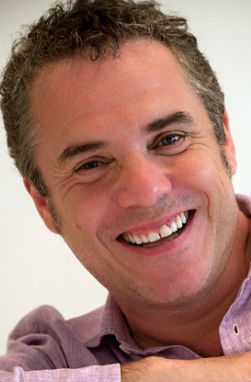


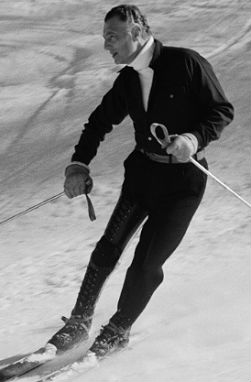





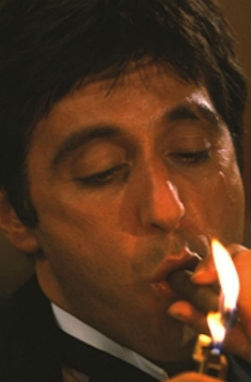


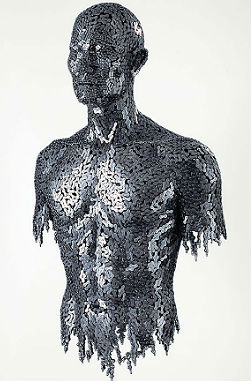
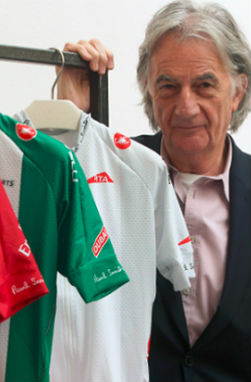








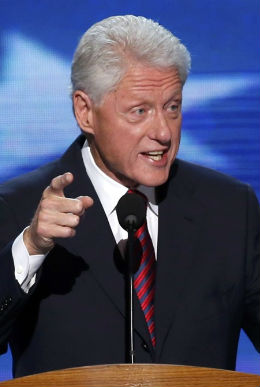




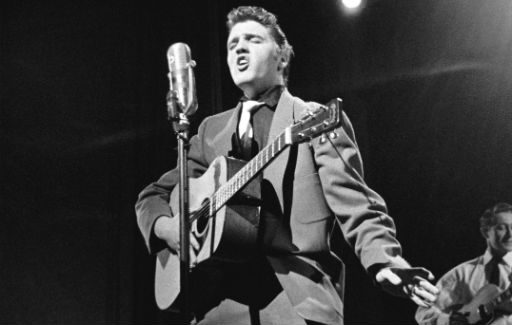






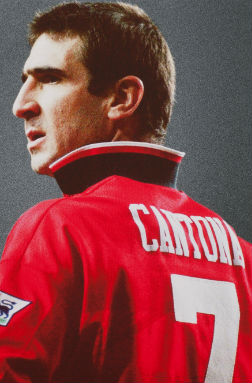



SHARES
Comments